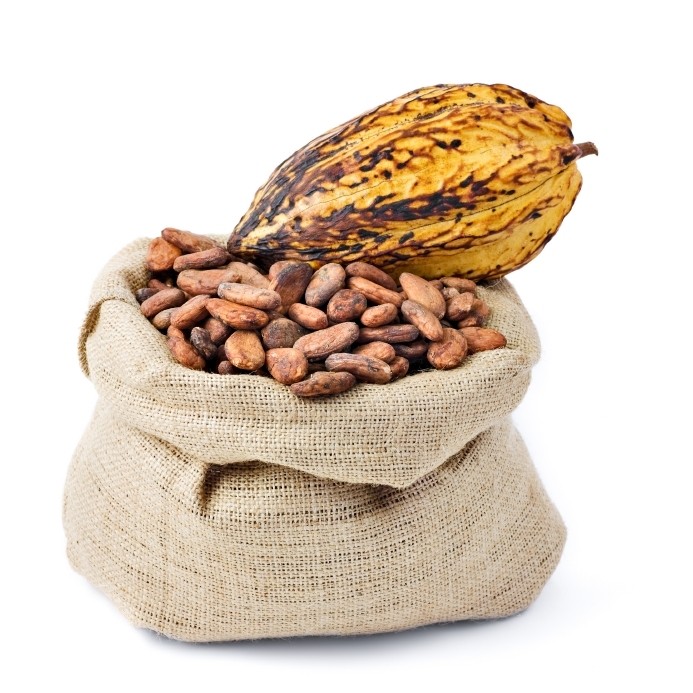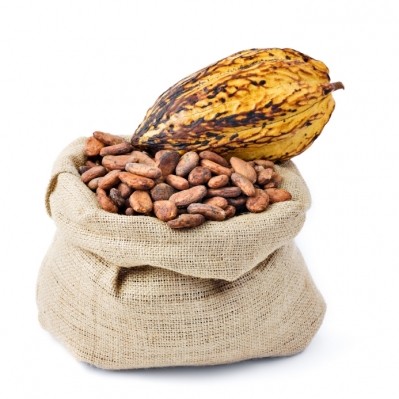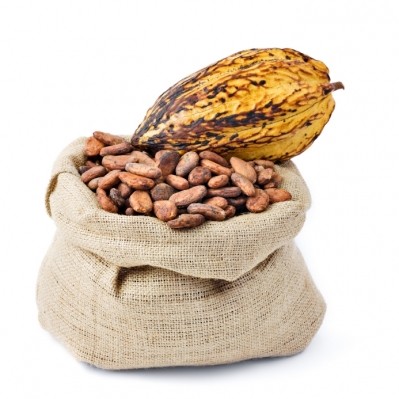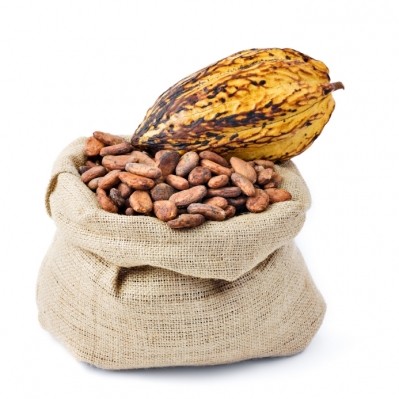Nutrigenomics shows blood pressure benefits of cocoa

Activity of the antiotensin-converting enzyme (ACE) – a target for blood pressure medication – was significantly inhibited by dark chocolate containing 72 percent cocoa, with the degree of inhibition dependent upon the genotype of the human subjects, according to new findings published in the Journal of Cardiovascular Pharmacology.
ACE inhibitors work by inhibiting the conversion of angiotensin I to the potent vasoconstrictor, angiotensin II, thereby improving blood flow and blood pressure.
Recent breakthroughs have revealed that the genotype for ACE has an effect on physical function. The possible genotypes are denoted as insertion/deletion (I/D), and people can be ACE D/D, ACE I/D, or ACE I/I (not to be confused with angiotensin II).
A study published in the Journal of the American Medical Association in 2005 (Vol. 294, pp. 691-698) showed how genotype can affect physical activity, with the D allele linked to better muscle strength, and the I allele linked to better endurance in response to exercise.
The new study, led by scientists from the Faculty of Health Sciences at Linkoping University in Sweden, found that cocoa’s affect upon ACE activity was also related to ACE genotype, with ACE inhibition three hours after consumption reduced by 21 percent in ACE I/I and 28 percent in ACE D/D.
Cocoa’s benefits
The study deepens our understanding of the potential cardiovascular benefits of cocoa and the compounds it contains. In terms of blood pressure, a meta-analysis by researchers from the University Hospital of Cologne found that consumption of cocoa had significant positive effects on hypertension.
Writing in the Archives of Internal Medicine (2007, Vol. 167, pp. 626-634), the Cologne-based scientists: “The magnitude of the hypotensive effects of cocoa is clinically noteworthy; it is in the range that is usually achieved with monotherapy of beta-blockers or antiotensin-converting enzyme inhibitors.”
The majority of science into the potential benefits of cocoa have revolved around cardiovascular benefits of the flavanols (also known as flavan-3-ols or catechins), and particularly the monomeric flavanol (-)epicatechin.
Nutrigenomic support
For the new study, Ingrid Persson and her co-workers recruited 16 volunteers aged between 20 and 45, and asked them to eat 75 grams of dark chocolate with 72 percent cocoa content every day for two weeks.
Results showed a significant inhibition of ACE activity, with a reduction of about 18 percent observed between before and after the cocoa intake. Such a reduction is equivalent to those observed with antihypertensive medications, said the researchers.
“Our results indicate that lifestyle changes, with the help of foods that contain high catechin and procyanidin content, prevent cardiovascular disease,” said Dr Persson.
Authors: Journal of Cardiovascular Pharmacology
January 2011, Volume 57, Issue 1, Pages 44-50, doi: 10.1097/FJC.0b013e3181fe62e3
“Effects of Cocoa Extract and Dark Chocolate on Angiotensin-converting Enzyme and Nitric Oxide in Human Endothelial Cells and Healthy Volunteers–A Nutrigenomics Perspective”
Authors: I.A.-L Persson, K. Persson, S. Hagg, R.G.G Andersson




















